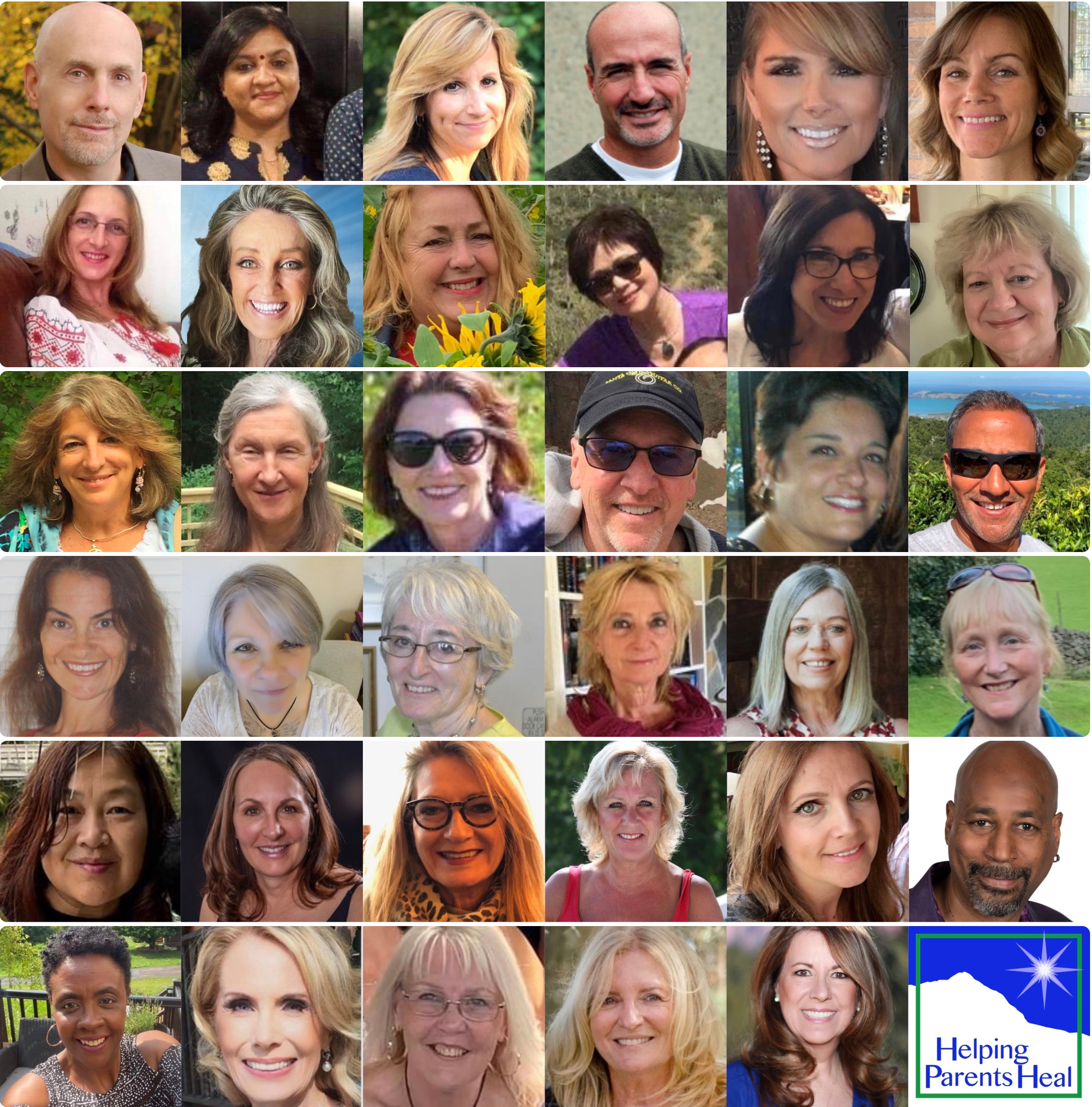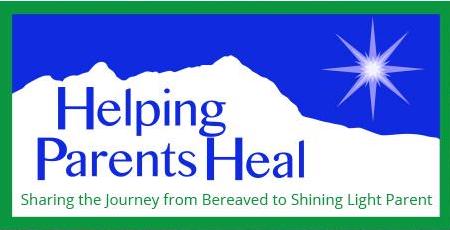
Dr. Mark Pistick's Q & A about our Caring Listeners
Posted
-
- Oct
- 4
- 2023
by Elizabeth Boisson
Q & A About the 'Caring Listeners'
by Mark Pitstick MA, DC
In this article, I'll share short answers to the most commonly asked questions about the Caring Listeners who are part of Helping Parents Heal. I founded this group and provide ongoing clinical support to them. (Note: I will primarily use the word "parents" but please know that Caring Listeners are also honored to work with grandparents, siblings, other family members, and close friends. The bodily death of a child can create great pain, sadness, and suffering for all these groups.
(Note: I italicized the term bodily death because we now know that only the child's earthly form perished. Over 99% of who and what the child is – his or her personality, memories, love, intelligence, sense of humor, and much more – continues in another phase of life. To learn about the collective evidence behind these statements, see articles #1, 60, and 115 at SoulProof.com)
What are the Caring Listeners?
The Caring Listeners are a group of thirty-five parents who provide a free service to those with a child who has passed on. (Note: The phrase "a child who has passed on" describes the inclusive nature of this organization. Helping Parents Heal (HPH) helps those with a child of any age who passed on by any means: illness, accident, suicide, murder, or unknown.)
When did the program begin?
In 2016 as HPH expanded and the need for this service became clear.
What is the role of a caring listener?
They are not licensed therapists and do not provide professional counseling. Rather, they are bereaved parents who have gone through "the dark night of the soul" and emerged with the desire to help others. They listen, provide support, suggest resources, and share what worked for them. They provide a 'shelter in the storm' in ways that can be very inspiring and comforting.
Can you meet face to face with a CL?
That's possible if you live near one of them. However, most Caring Listener sessions are by phone, Zoom, FaceTime, or Skype.
Are there office hours?
No, there are no set hours. Some of the Caring Listeners have full-time jobs so they are limited to evening and weekend hours.
Are the phone numbers published?
Yes. Visit Caring Listeners to see their names, faces, email addresses, and phone numbers. A short bio provides details about where they live, their child / children who passed on, and languages they speak. Some Caring Listeners feel especially qualified to help with certain types of cases, for example, when a child changed worlds via overdose or suicide.
What is the qualification of a caring listener?
Each one is required to be part of HPH for some time and demonstrate clear abilities to help others. Many of the Caring Listeners are also Affiliate Leaders, that is, oversee local meetings. A prospective Caring Listener must be vetted by one or more key HPH leaders and OK'd by a group of four of us.
Do you need to be an HPH member to call a Caring Listener?
No, they are willing to help anyone. However, those who aren't part of HPH soon learn about the many free benefits and begin attending free online and local meetings.
Who should call a Caring Listener?
Any parent, family member, or close friend of a postmaterial child who would like to talk with a caring person who has firsthand experience. That is especially important for those experiencing severe and/or prolonged grieving. Many family members and friends simply don't know what to say to those with a child who transitioned from earth. Caring Listeners can fill this void and help you not feel so alone.
(Note: Postmaterial is my preferred term for those who are currently living in another realm. See article #31 What Is a ‘Postmaterial Person’? to learn more. Learning this information and upgrading your vocabulary to reflect the child's living essence is part of healing and transforming.)
How does a parent know which Caring Listener to call?
Some people prefer a male or female listener. Others want to talk with someone whose child passed on in a similar way, for example, after a long illness or accident. Some parents let their intuition guide them to what seems like the best Caring Listener. People are welcome to use a different listener or work with more than one at the same time.
Are any of the Caring Listeners especially trained to help grandparents or siblings?
All of them have 'on the job training', that is, their parents and/or children experienced the loss of a child just as they did. As such, they know firsthand – to varying degrees – how it can be for grandparents and siblings, and what can help.
(Note: I italicized the word 'loss' because your child is still alive, well, and likely wants to continue an important although different relationship with you. Much evidence indicates that death is not a good-bye, just a see you later. To learn more, see article #2 at SoulProof.com: When a Child Changes Worlds)
Are there Caring Listeners who are dads?
Yes, currently we have four dads.
What are common reasons that parents hesitate to call a CL?
In my experience, those reasons include:
- fear of the unknown, for example, talking with a stranger.
- concerns that talking about their grief will make it worse.
- worry about crying or otherwise 'breaking down' during the call.
- not knowing what to say or where to start.
What do you say to parents who have these concerns?
- Many parents have commented about how quickly they felt close to the Caring Listener who was previously "a stranger" You two share a sacred bond so it usually doesn't take long to feel the heart and soul connection involved.
- This is a common but needless fear. Suffering in silence actually can lead to much worse emotional, mental, physical, and relationship outcomes. Talking about how you feel can feel immensely liberating and comforting as you discover that your deepest fears are very common.
- You may cry some during a session with Caring Listeners but that's a good thing. Tears are a sign of deep love and connection between you and the child. And, as mentioned above, that love doesn't end.
- The Caring Listeners know how that feels. They will share their story if you're not ready to talk about yours. When you are ready, they can ask gentle questions to learn more about how you feel and what might help.
- Valerie Maerowtiz's Validation with her son Daniel through Beth Lynch
- The Wisdom of Greg by Susan and Bill Van Oije - ONENESS and the ONE

